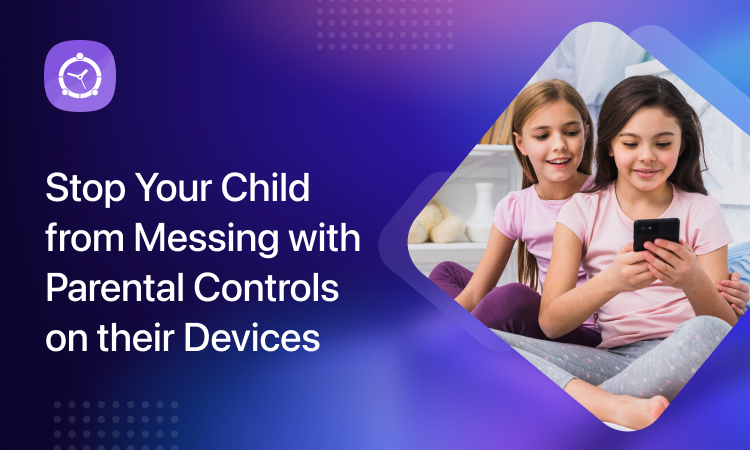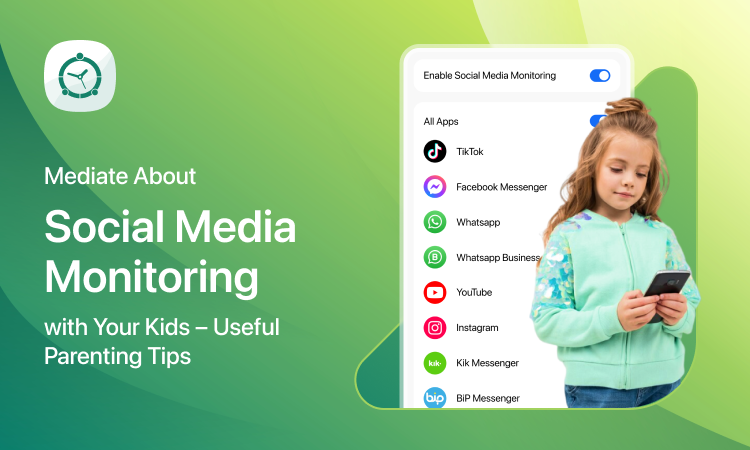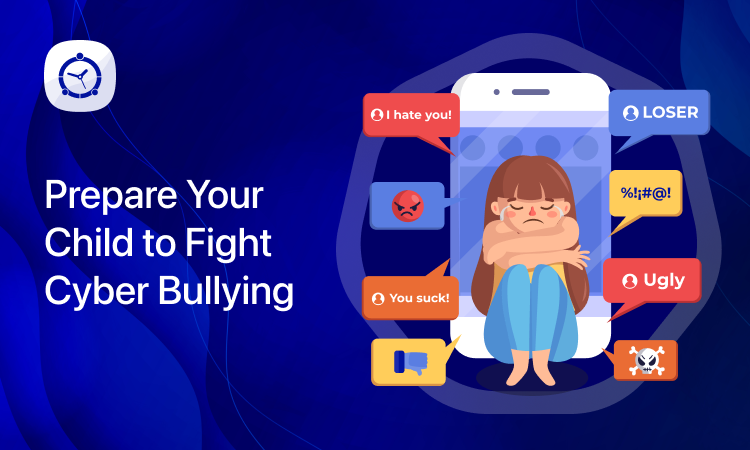
Children and adolescents frequently use mobile devices as it facilitates them to stay in touch with their friends, make new friends, play online, connect to the Internet, among other activities. This is why here in this post today, we present you five topics that parents should not overlook and thus accompany children in the use of technology as soon as they enter into the digital world.
1. Teach them the use of the Smartphone.
The use of this mobile device has to be at the center of the conversation with the children. The telephone is not an enemy, it is a tool that not only provides the possibility of obtaining information, but also allows you to be in contact with them at all times. It is essential to remind them that the use of these equipment must be appropriate and that they must take the necessary precautions and maintain responsible behavior.
2. Install parental control applications.
The use of these parental control applications is a good practice that will help to monitor how much time children spend online with their team. In addition, you can block device usage during class times, as well as enable or disable the specific use of applications – such as video games or media players – to avoid distraction while studying. The fact of installing these applications must be preceded by a dialogue between parents and children to explain that the use of these tools is for the purpose of taking care of them and not controlling them. FamilyTime is one such app that helps parents monitor their kids remotely.
3. Links with teachers.
Attending meetings with teachers and achieving a good relationship with them is vital so they can provide details of the children’s performance. At the same time, they are the ones who spend all day with the children and, therefore, they can notice other issues such as strange behavior or flashy moods. These types of symptoms can demonstrate issues related to depression, stress and anguish. As they can also be a diagnosis of encounters with threats such as cyberbullying and / or grooming. Given this, the feedback of teachers is essential to address these issues quickly. Finally, it is essential that children take them as references to consult them in case they suffer some type of incident – both in the physical and digital world – or do not know how to act in risky cases.
4. Guide them about social networks, photos and Geolocation.
Sharing photographs, videos, moods, messages and so on are everyday activities for children and young people. Therefore, it is necessary for parents to link and accompany their children, teaching them to prevent the inappropriate use of these resources, such as advising them never to share photos with the option of Geolocation activated, or to indicate where they come from and where go. The good use of social networks will help them enjoy all the possibilities that are offered safely.
5. Encourage extracurricular activities.
Finally, it is advisable to support them to carry out extracurricular activities, whether they practice a sport that they are passionate about, take music lessons or attend cultural events such as cinema and theater. This is crucial, not only for their physical and intellectual development, but also for them to have a break from technology.
These actions do not imply limiting or restricting access to technology, but rather guiding and helping children on that learning path.







